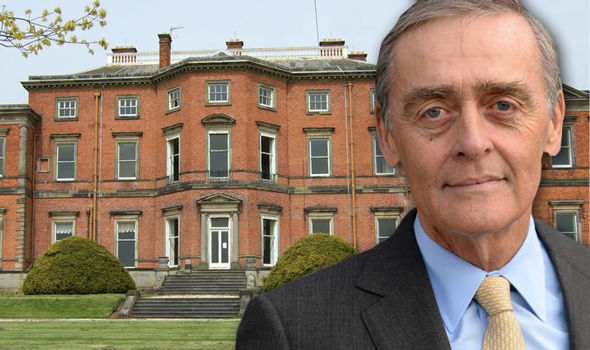
Trusts enable the settlor, the person who has established the trust, to delegate their assets to a group of trustees, who then become the legal owners of the assets. This enables them to distribute the assets among the settlor’s beneficiaries.
As well as trusts, there are many different ways that taxpayers can reduce the potential IHT burden on their estates, even if they aren’t billionaires.
Gifts
Potentially exempt transfers (PETs) are gifts of any size that can be made to an individual, and are free from IHT as long as the donor lives a further seven years after making the gift.
Short-term gifts, including wedding gifts of up to £5,000 for a child or £2,500 for a grandchild, can also reduce your IHT potential. Per year, you are permitted to make an unlimited amount of small gifts of up to £250 per recipient, or you may distribute a total of £3,000 as you wish.
Grandparents can also give money to their grandchildren for them to save, which they will be able to access when they turn 18. Interest earned by the child can be set against their annual personal allowance of up to £11,500, meaning that in most instances there will be no tax to pay. If parents did the same, any interest over £100 would be considered to be theirs.
Passing on wealth
Married couples and couples in civil partnerships can pass unlimited assets free from IHT to their partner upon their death. The surviving spouse can then utilise any unused nil-rate band (NRB) belonging to the deceased partner, giving couples the potential to save £650,000 of their combined estate from IHT.
It is now also possible to pass on pension pots to beneficiaries free from IHT. If the individual dies before the age of 75, there will also be no income tax to pay when the recipient draws money out of the pot. If the individual dies at age 75 or over, however, the beneficiary will be taxed at their highest marginal rate when a withdrawal is made.
Allowances and Exemptions
The government is currently phasing in a residence nil-rate band (RNRB), whereby a main residence is given to a “direct descendant”. This tax-free family home allowance, which has been effective since April, is £100,000 and rises to £175,000 by April 6th 2020. After then, it will rise in line with the consumer price index. This means that by 2020, around £500,000 per person would not be subject to IHT from the total amount of the estate, and for married couples and couples in civil partnerships this could be up to £1 million.
You can also utilise your IHT exemptions. The first £325,000 of your estate, or the NRB, is free from IHT. Above this, your estate will be taxed at a flat rate of 40%.